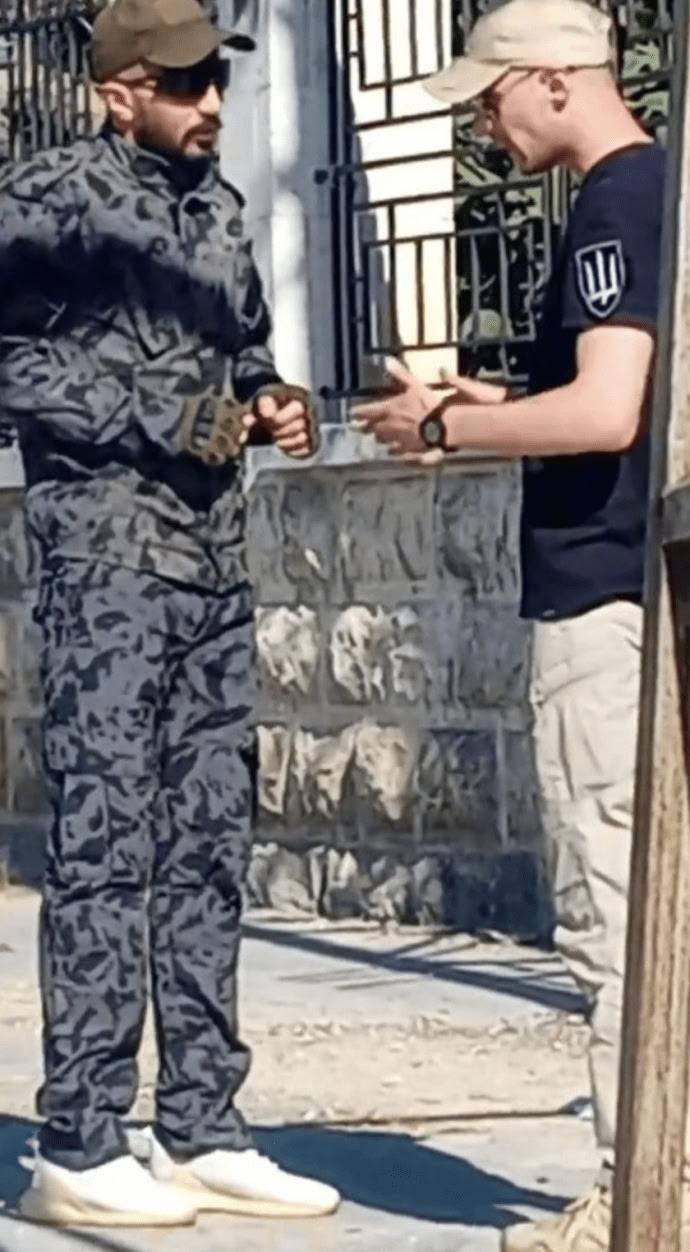
In recent weeks, Russia has been the source of a series of questionable reports concerning Syria. These stories, which often involve improbable scenarios, have been quickly refuted by involved parties or contradicted by Russian officials themselves. The most recent allegation involves Yemeni Houthi fighters allegedly arriving in Syria to stage attacks against Israel, a claim that has unraveled in the days since its release.
On September 13, Russian news agency RIA Novosti claimed that Yemeni Houthi fighters were being transferred to Syria through Jordan in small groups, reportedly prepared to engage Israel using artillery and drones. However, within 24 hours, this claim was discredited by military experts and local authorities.
Sputnik News, another Russian state outlet, quoted Yemeni Brigadier General Abed Al-Thawr, a military expert close to the Houthi movement, who dismissed the reports, saying Syria’s forces ‘do not need support from Yemeni forces” and possess sufficient strength. A Syrian regime General Security source at the Nassib border crossing with Jordan also labeled the report “completely false,” questioning the logistical possibility of such a movement through Jordan, which would never allow such a crossing.
This swift backpedaling illustrates the inconsistency in Russian reporting, where fabricated stories are promoted one day and denied the next. Another questionable claim pushed by Russian officials revolves around supposed collaboration between Ukraine and Hayat Tahrir al-Sham (HTS), a military faction primarily active in parts of Syria’s Idlib and Aleppo provinces. Russian media alleged the group negotiated with Ukraine to release Chechen and Georgian fighters, to fight in Ukraine, in exchange for drones and military training, with Turkish media even publishing an alleged photograph of an “HTS leader” meeting a “Ukrainian delegate.”
These claims were strongly denied by HTS. On September 18, HTS military commander Abu Muslim al-Shami released a statement rejecting the Russian narrative, “We in Hayat Tahrir al-Sham deny these allegations in full. We have not communicated with any external party with the intention of sending soldiers to fight with them, and we have not received support or training, nor have trainers been sent to us from Ukraine or elsewhere.”
Al-Shami further emphasized that transnational volunteers, referred to as “immigrants,” who have joined HTS ranks from various countries, are regarded as “guests.” He clarified that these individuals came to Syria solely to assist the Syrian people in their struggle and have restricted their military activities to defending against the Assad regime. These foreign volunteers, he stressed, operate strictly under HTS leadership and abide by the policies governing the “liberated areas” of Syria.
This statement reinforced the position that HTS has no involvement in international conflicts like the war in Ukraine, contradicting Russia’s repeated attempts to link them to foreign military activities.
The logistics behind Russia’s claims are as improbable as they are inconsistent. The idea that Houthi fighters from Yemen could be deployed through Jordan into Syria defies both strategic and operational logic, especially given the strict control exercised along these borders. Similarly, the claim that HTS would meet Ukrainian delegates in broad daylight in a public setting, given the group’s high-security measures for leadership meetings, further undermines the credibility of these stories.
Russian media’s changing narratives – reports of foreign fighters one day, denials the next – raise serious questions about the motivations behind these reports. These stories, likely designed to serve Russian propaganda, seem more about deflecting attention from Russia’s troubled military campaigns in Syria and Ukraine or providing a pretext for further attacks on Syrians in the liberated areas.
As Russia continues to push these unverified and shifting stories, the pattern of falsehoods serves to highlight the role of disinformation in Moscow’s wider strategy. From fabricated Houthi deployments to implausible accusations against HTS, these stories are often debunked almost as quickly as they are circulated, leading to confusion and skepticism.
Abu Muslim explained, “The occupier (Russia) only wanted to try to find new accusations and allegations to continue killing the Syrian people, in addition to trying to provoke the few after [Russia] went bankrupt in the Levant from not achieving any victory…not to mention [Russia’s] floundering in the mire of Ukraine.”
These dubious reports are indicative of the lengths to which propaganda can be stretched in times of war while exposing the ongoing challenges faced by Russian forces on both the Syrian and Ukrainian fronts.








